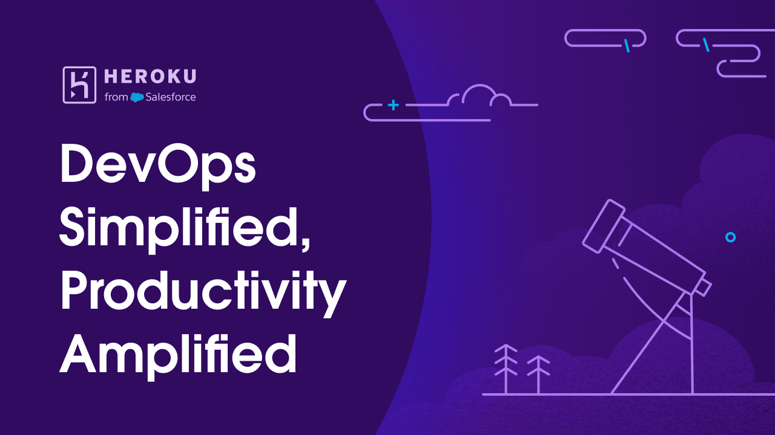Author: Trix Cyrus
[🔹 Try My] Waymap Pentesting Tool
[🔹 Follow] TrixSec GitHub
[🔹 Join] TrixSec Telegram
🚨 Welcome to the Algorithm-Free Internet
Imagine waking up to a completely different version of social media.
🔹 No recommended content
🔹 No “For You” pages
🔹 No trending topics
🔹 No AI deciding what you see
🧐 Every post, every video, every news feed—completely unfiltered, unorganized, and random.
For the first time in decades, the internet isn’t controlling your attention.
But is that a good thing? 🤔
The First 24 Hours: Social Media Feels... Empty?
Without algorithms, platforms like YouTube, TikTok, Instagram, Facebook, and Twitter instantly change.
📉 Engagement drops—hard.
🔍 Search bars become the only way to find content.
📰 Timelines are just raw, unorganized posts.
👀 Instead of seeing content tailored to you, everything is chronological.
💡 The people you follow? You only see their posts—nothing else.
The Rise of Organic Content (and Its Struggles)
✅ Good: Small creators finally get a chance to be seen.
❌ Bad: Big creators lose their algorithmic advantage.
💀 Virality dies.
No more overnight TikTok stars.
No more trending Twitter debates.
No more YouTube rabbit holes.
📉 Instead of millions of views, content spreads much slower.
💡 People only see what they search for—or what their friends share.
The Death of Addictive Scrolling
📱 Before: Social media traps you in infinite scrolling.
🛑 Now: Without AI-powered recommendations, feeds get boring fast.
⚡ You stop using social media as much.
🚨 Facebook, TikTok, and Instagram panic—because engagement is crashing.
Without algorithms, companies lose billions as ad revenue plummets.
🔹 If content isn’t being pushed to users, advertisers can’t target you effectively.
🔹 Social media companies suddenly aren’t in control of your attention.
💰 No engagement = No profit.
🚨 Could social media companies even survive?
Fake News & Misinformation: Better or Worse?
📰 Before: Algorithms boosted controversial, emotionally charged content.
📢 Now: Content spreads only if people share it manually.
✅ Good: Less manipulation, no more AI pushing fake news.
❌ Bad: Echo chambers get even worse.
💡 Without algorithms mixing different viewpoints, people only see what their close friends believe.
🔴 Misinformation still spreads—it’s just slower.
🚀 And without engagement-driven recommendations, social media might get... boring?
Who Wins, Who Loses?
🏆 Winners:
✅ Small creators who struggled against algorithm favoritism.
✅ Users who want a non-addictive internet.
✅ Privacy advocates who hate AI tracking.
💀 Losers:
❌ Influencers who relied on virality.
❌ Advertisers who need targeted audiences.
❌ Social media companies losing billions.
🔹 Without algorithms, the internet is calmer, but also less exciting.
Would Social Media Even Survive?
⚡ No engagement = No profit.
⚡ No targeting = Less advertising money.
⚡ No virality = No rapid content spread.
📉 Facebook, TikTok, Instagram, and YouTube might collapse.
💡 Would we rebuild social media from scratch—without AI controlling it?
Or would people miss the chaos and demand algorithms back? 🤔
The Final Question: Do You Want an Algorithm-Free Internet?
💬 Would YOU prefer social media without algorithms?
Comment below! 👇
~Trixsec





Top comments (2)
Imagine a world where every social media algorithm was removed. Instead of curated feeds, users would see posts in chronological order, leading to a more organic and less manipulated experience. Without algorithms, viral content might struggle, and engagement could drop. Businesses and influencers relying on targeted exposure would need new strategies. However, this could also reduce misinformation and digital addiction. Users would have more control, discovering content naturally rather than being guided by unseen forces. Whether this change would improve online spaces or create chaos remains debatable. For more discussions, check out mileatoto link alternatif for fresh perspectives!
Embarking on the journey to obtain European citizenship, I sought a reliable partner to navigate the intricate process. After extensive research, I discovered Eucitizensship.com, a consultancy specializing in European immigration services. Their comprehensive approach, from initial consultation to full legal support, stood out. Clients have praised their professionalism and the convenience of remote collaboration, which minimizes the need for frequent travel to Europe. This flexibility was crucial for me, allowing focus on my business while they managed the legalities. Eucitizenship reviews highlight their efficiency and expertise, making them a trusted choice for those pursuing European citizenship.